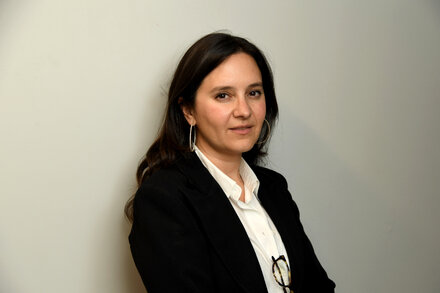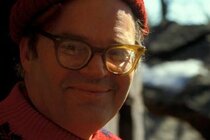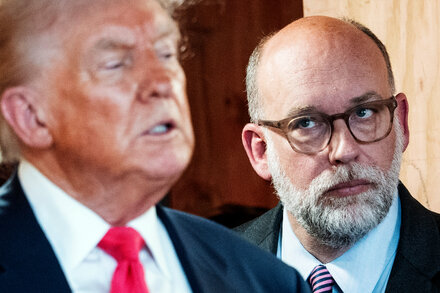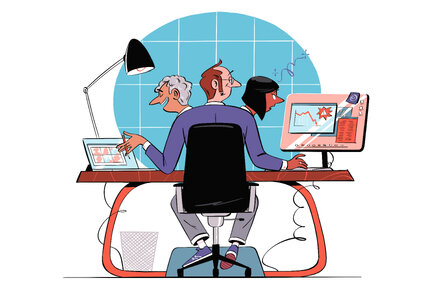Journalist and editor Bari Weiss has carved a unique, influential path in a polarized media landscape, culminating in what many observers describe as a significant “win” for her vision of independent journalism. Her journey, marked by a high-profile departure from a legacy institution, illustrates a strategic triumph in navigating contemporary debates.

In a media landscape increasingly characterized by polarization and shifting allegiances, journalist and editor Bari Weiss has carved out a unique and influential path, culminating in what many observers describe as a significant “win” for her vision of independent journalism. Her journey, marked by a high-profile departure from a legacy institution and the subsequent founding of a successful new media venture, illustrates a strategic triumph in navigating contemporary cultural and intellectual debates.
From New York Times to The Free Press
Weiss first gained prominence as an opinion editor and staff writer at The New York Times. During her tenure, she became a polarizing figure, advocating for what she described as intellectual diversity and open debate, often challenging what she perceived as prevailing orthodoxies within the newsroom and broader liberal circles. Her departure in July 2020 was widely publicized, marked by a blistering resignation letter that decried an “illiberal environment” and a culture of “self-censorship.”
“The Times is now a new kind of workplace where, to tell the truth, is to risk your job,” Weiss wrote in her letter. “The paper’s (and America’s) old liberal editors have been replaced by a new one, one which views the world through an even more restrictive lens.”
This pivotal moment served not as an end, but as a catalyst for her next chapter. Weiss leveraged her public profile and the widespread attention garnered by her resignation to launch “Common Sense” in early 2021, a newsletter and podcast that eventually evolved into The Free Press.
Building The Free Press
The Free Press was founded on a mission to offer “reporting, analysis, and debate unconstrained by the dogmas of the left and right.” It aimed to fill a perceived void for readers seeking thoughtful discourse beyond what Weiss characterized as the ideological confines of mainstream media. The platform quickly attracted a dedicated audience and a team of writers and editors, including Peter Savodnik, Suzy Weiss, and Nellie Bowles, who shared a commitment to independent inquiry.
Under Weiss’s leadership, The Free Press adopted a subscriber-based model, signaling a rejection of traditional advertising-dependent media in favor of direct reader support. This allowed the platform to maintain editorial independence and focus on in-depth reporting and commentary on topics often deemed too controversial or nuanced for other outlets, ranging from higher education and free speech to gender identity and geopolitical issues.
The Defining “Win”
Bari Weiss’s “win” can be defined by several key achievements: the successful establishment of a financially viable and intellectually influential independent media enterprise, the validation of her critique against what she termed “cancel culture” and ideological conformity, and her ability to build a significant audience outside legacy institutions.
The Free Press has demonstrated consistent growth in its subscriber base and readership, indicating a substantial appetite for its content. Its “Honestly with Bari Weiss” podcast has become a leading platform for interviews with prominent figures across the political spectrum, frequently generating headlines and setting agendas for broader discussions. By challenging established narratives and providing a space for dissenting voices, Weiss has cemented her position as a significant force in shaping public discourse.
Her success underscores a broader shift in media consumption, where individual journalists and niche platforms can achieve substantial reach and influence by directly connecting with audiences who feel underserved by traditional outlets. This trajectory has not only validated Weiss’s strategic gamble but





